"Desynchronization and Spatial Effects in Multistrain Diseases"Leah Chock , Naval Research Laboratories [Host: Jongsoo Yoon]
ABSTRACT:
Dengue fever, a multi-strain disease, has four distinct co-existing
serotypes (strains). The serotypes interact by antibody-dependent
enhancement (ADE), in which infection with a single serotype is
asymptomatic, but contact with a second serotype leads to serious illness
accompanied by greater infectivity. It has been observed from serotype
data that outbreaks of the four serotypes occur asynchronously (Nisalak et
al., Am. J. Trop. Med. Hyg. 68: 192). We present a compartmental model
for multiple serotypes with ADE, and consider autonomous, seasonally
driven, and stochastic versions of the model. For sufficiently small ADE,
we find that the number of infectives of each serotype synchronizes, with
outbreaks occurring in phase. However, when the ADE increases past a
threshold, the system becomes chaotic, and infectives of each serotype
desynchronize. Spatial effects are included in a multipatch model. We
observe desynchronization between spatially distinct regions.
|
Condensed Matter Seminar Thursday, April 27, 2006 4:00 PM Physics Building, Room 204 Note special time. Note special room. |
To add a speaker, send an email to phys-speakers@Virginia.EDU. Please include the seminar type (e.g. Condensed Matter Seminars), date, name of the speaker, title of talk, and an abstract (if available).
 Physics at Virginia
Physics at Virginia